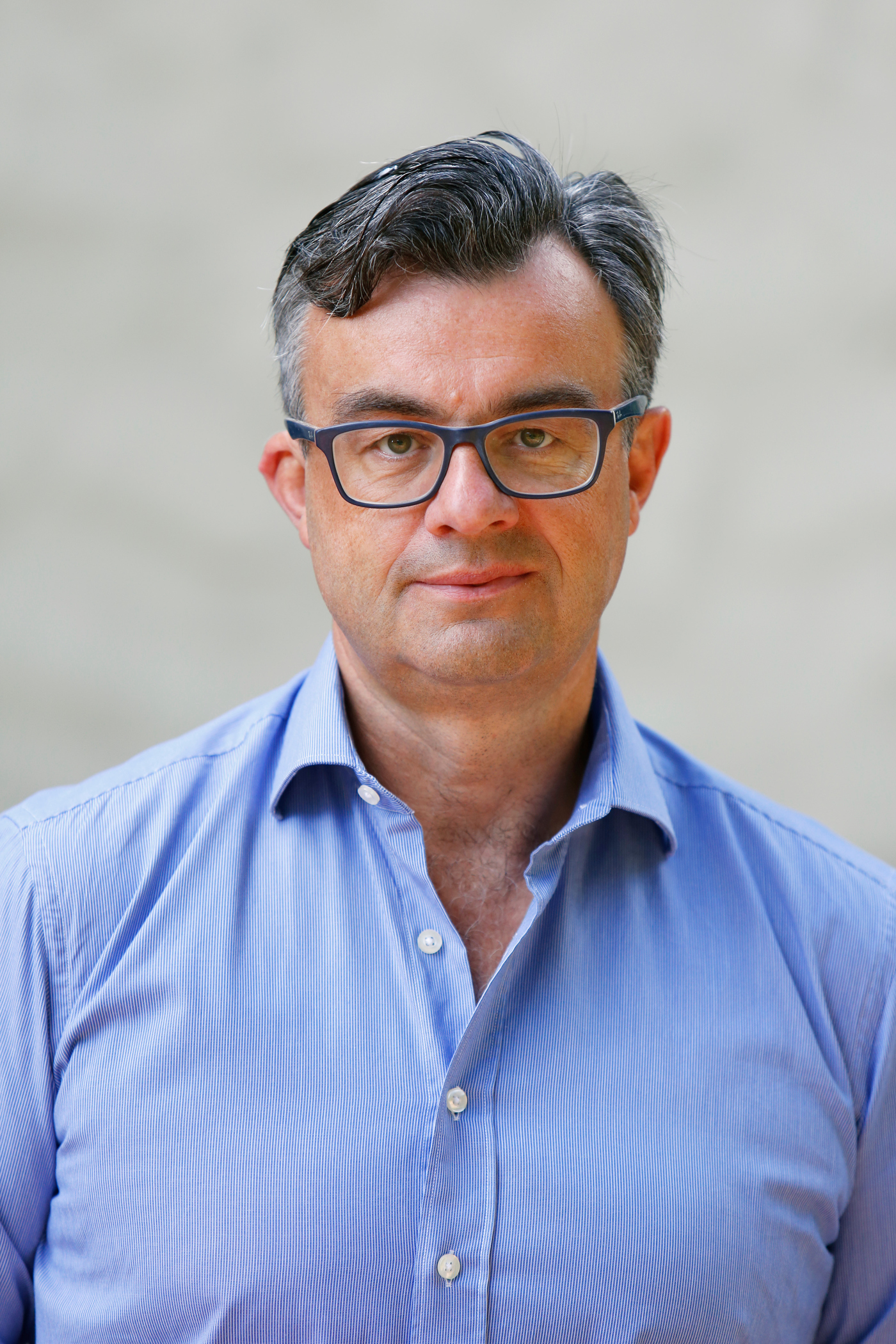What Statistics and AI offer Each Other?
Professor Emmanuel Candès, Stanford University
Monday Oct. 27, 3:30pm in the Chapel
You can view the plenary talk from two different perspectives. All of the views have been synchronized in time so that you can also watch multiple views at the same time.
The plenary talk slides are available here.
You can also visit our YouTube channel for access to all recent plenaries.
What Statistics and AI offer Each Other? (main camera angle).
What Statistics and AI offer Each Other? (computer screen view).
This talk will discuss how thinking carefully about AI inputs and outputs yields more powerful, safer AI. By examining several vignettes, we shall answer questions such as: How do we train language models under cost constraints? What happens when we’ve exhausted all available data? If I start a clinical trial using the drug AI thinks is best, will it pan out? How can we ensure high quality products when AI is used in a larger workflow? That is, how do I know whether AI automated a task correctly? AI powered predictions are beginning to substitute for real data when collection of the latter is difficult, slow, or costly. How then should we leverage machine learning predictions both as a substitute for high-quality data and as a tool for guiding real data collection?
 Speaker Biography:
Speaker Biography:
Emmanuel Candès is the Barnum-Simons Chair in Mathematics and Statistics at Stanford University, and Professor of Electrical Engineering (by courtesy). His research interests lie at the interface of statistics, information theory, signal processing, and computational mathematics. He received his Ph.D. in statistics from Stanford in 1998. Candès has received several awards including the Alan T. Waterman Award from NSF in 20026, which is the highest honor bestowed by NSF to early-career scientists, and the MacArthur Fellowship in 2017, popularly known as the ‘genius award’. He has given over 100 plenary lectures at major international conferences, not only in mathematics and statistics but in many other areas as well including biomedical imaging and solid-state physics. He was elected to the National Academy of Sciences and to the American Academy of Arts and Sciences in 2014. He received the 2020 Princess of Asturias Award for Technical and Scientific Research, and the 2021 Jack Kilby IEEE Signal Processing Medal.